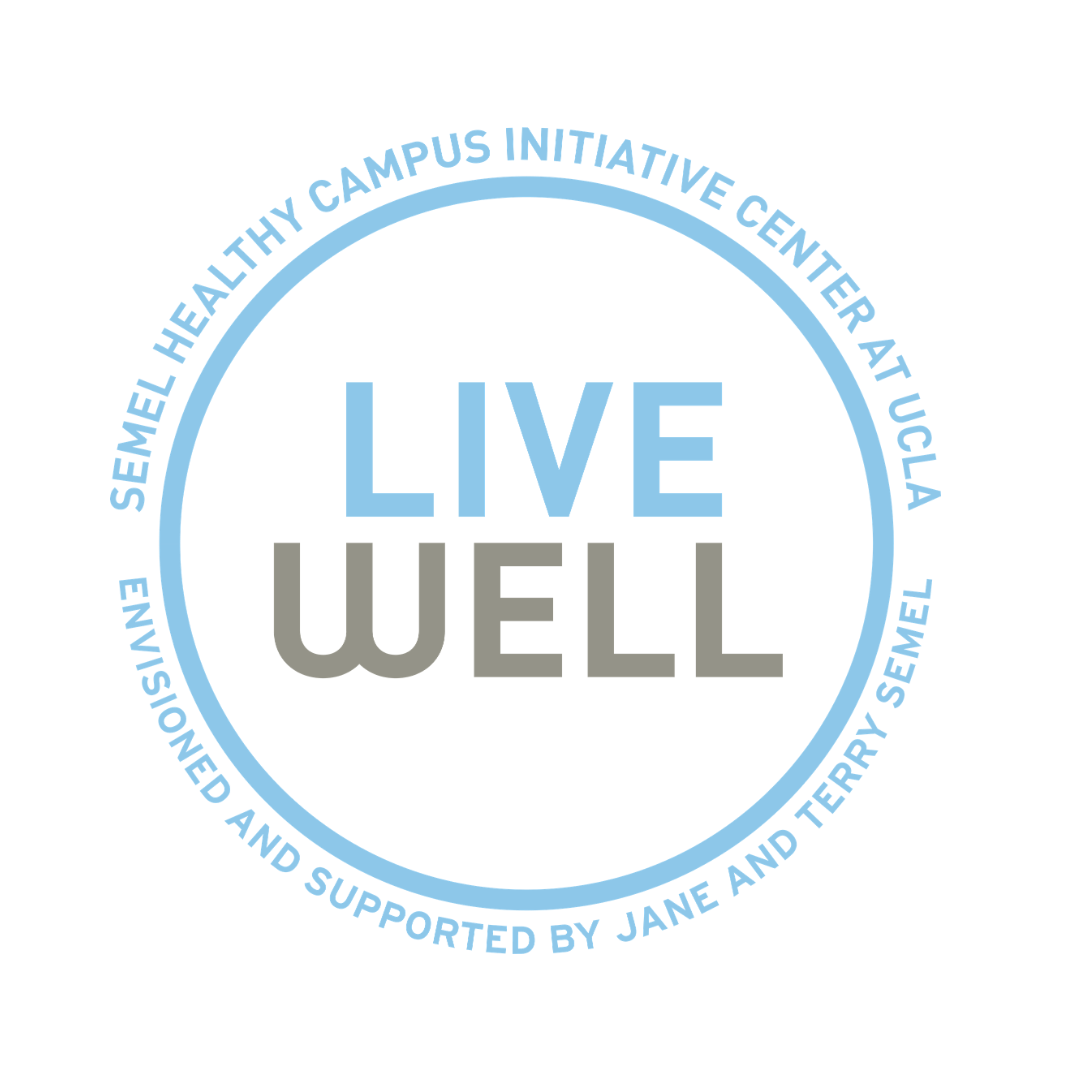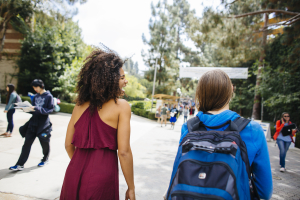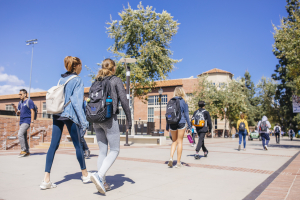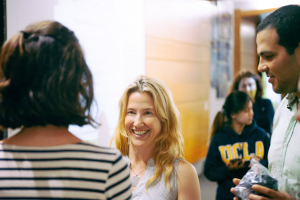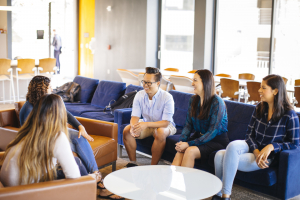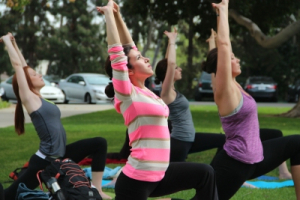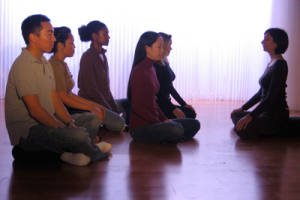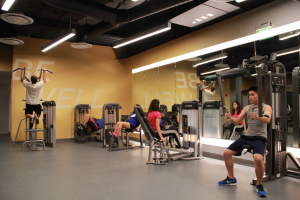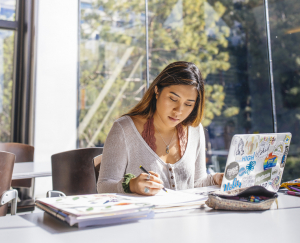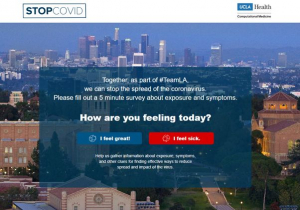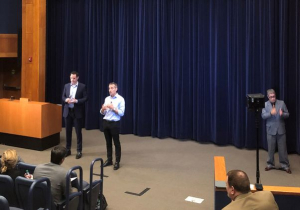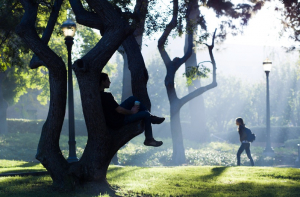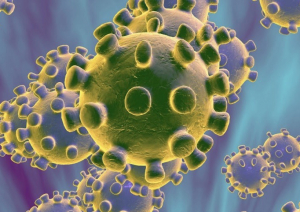Some general recommendations
Take care of your body.
Eating healthy meals, exercising, getting at least seven hours of sleep a night, and limiting your alcohol consumption can help your immune system. Even while maintaining a safe distance from other people, you can still go outside! Regular exercise can reduce anxiety. Just be sure to protect yourself and others by following these guidelines for managing anxiety and stress.
Do things that give you purpose and meaning.
Helping others is a gift, and it is good for your own well-being. Many in our community are more vulnerable to the impact of the novel coronavirus. You can help others by offering reassurance and emotional support, for instance.
Take care of your mind.
Constant searching, scrolling or consumption of coronavirus news will only make us feel more afraid and powerless. Take breaks from media coverage and use UCLA’s COVID-19 website and Bruins Safe Online for updates rather than checking unreliable sites. For many of us, maintaining routines will help keep us positive, balanced and mentally well.
Social distancing does not mean social isolation.
Reach out to others and offer support, empathy, information and, if possible, tangible help. Stay connected using technology such as video chat, Zoom group calls, and cellphone texting and conversations. Personal relationships are crucial in maintaining perspective and elevating mood.
Increase your feel-good activities.
Whether it’s mindfulness, talking to your friends and family members, going for walks, taking part in sports, journaling, or watching Netflix, now is the time to increase positive experiences in your daily schedule. For a quick stress reliever, UCLA’s Mindful Awareness Research Center offers free guided meditations in English and Spanish.
Treat everyone with dignity and respect.
Let’s work together to address xenophobic sentiments that perpetuate stigma toward people from the countries most affected by COVID-19. Members of our community are experiencing additional fear right now because of the increased suspicion and racism from others who wrongly attach COVID-19 to an ethnicity or nationality. Language like COVID-19 “victims” or “the diseased” is stigmatizing and harmful. Instead, we can say “people who are being treated for or recovering from COVID-19.”
Pay attention to how you’re feeling.
Fear, worry and dread are normal reactions during this unprecedented time. People who have pre-existing mental health concerns are more vulnerable and face a higher risk of worsening mental health as the virus spreads. If you have a history of mental health concerns, form a plan such as how to access health workers, counselors and prescriptions. Resources for students are available at Counseling & Psychological Services and for staff at the Staff and Faculty Counseling Center.
This message reflects the expertise of the leaders of the Semel Healthy Campus Initiative MindWell and EngageWell pods.
